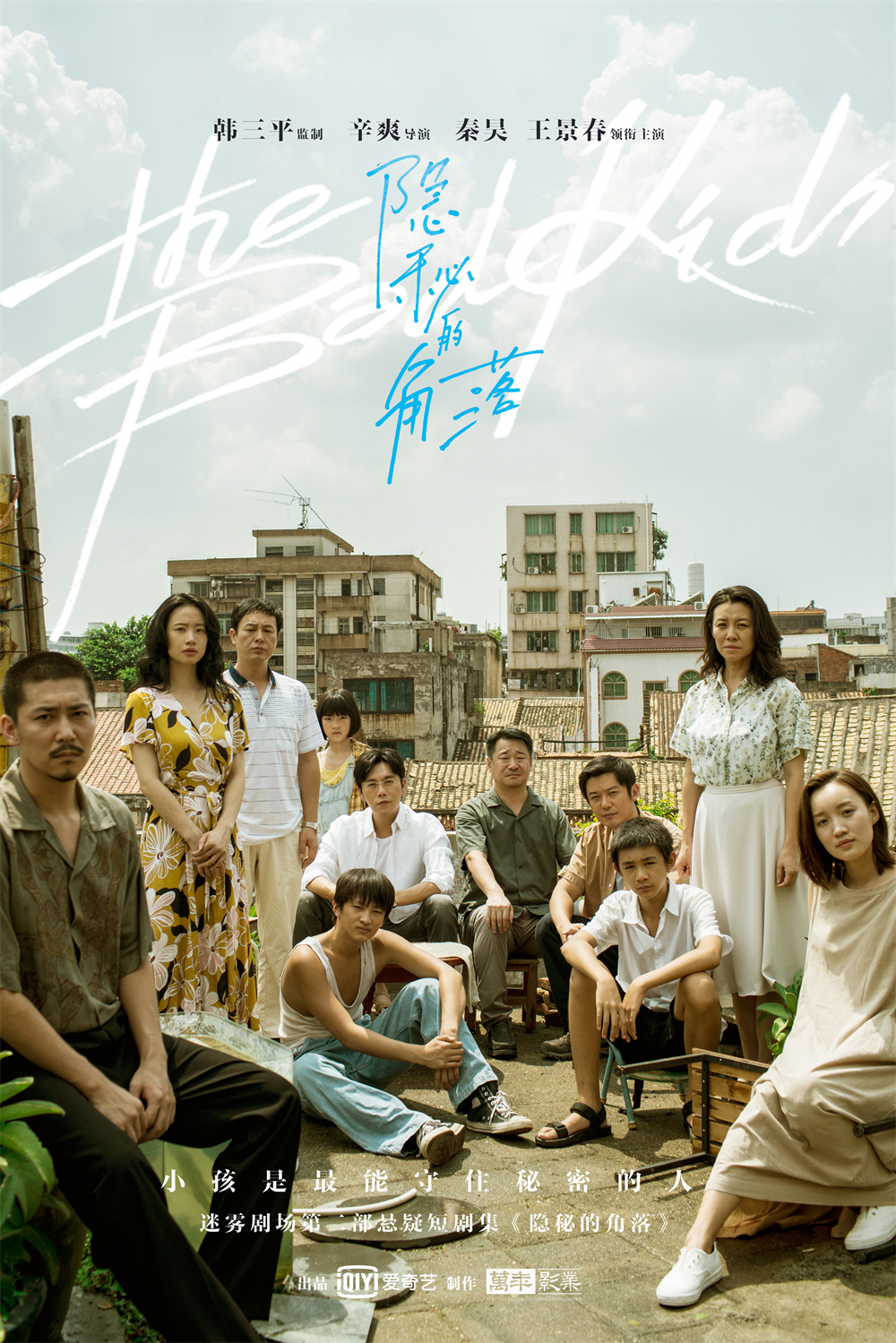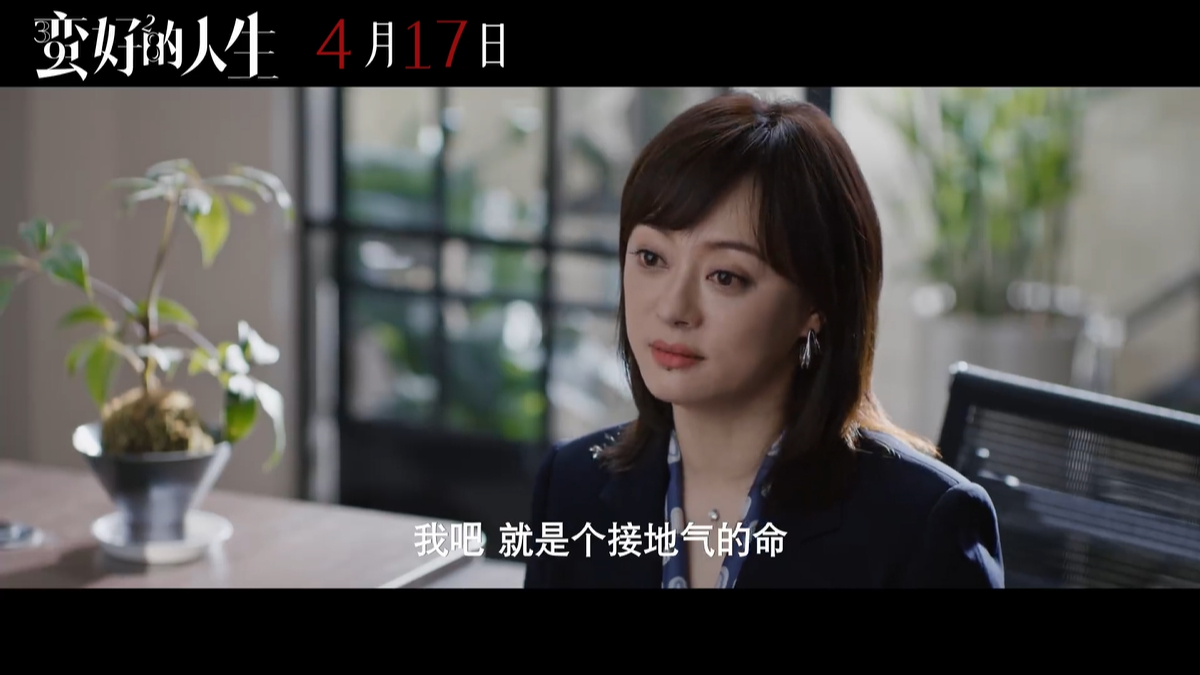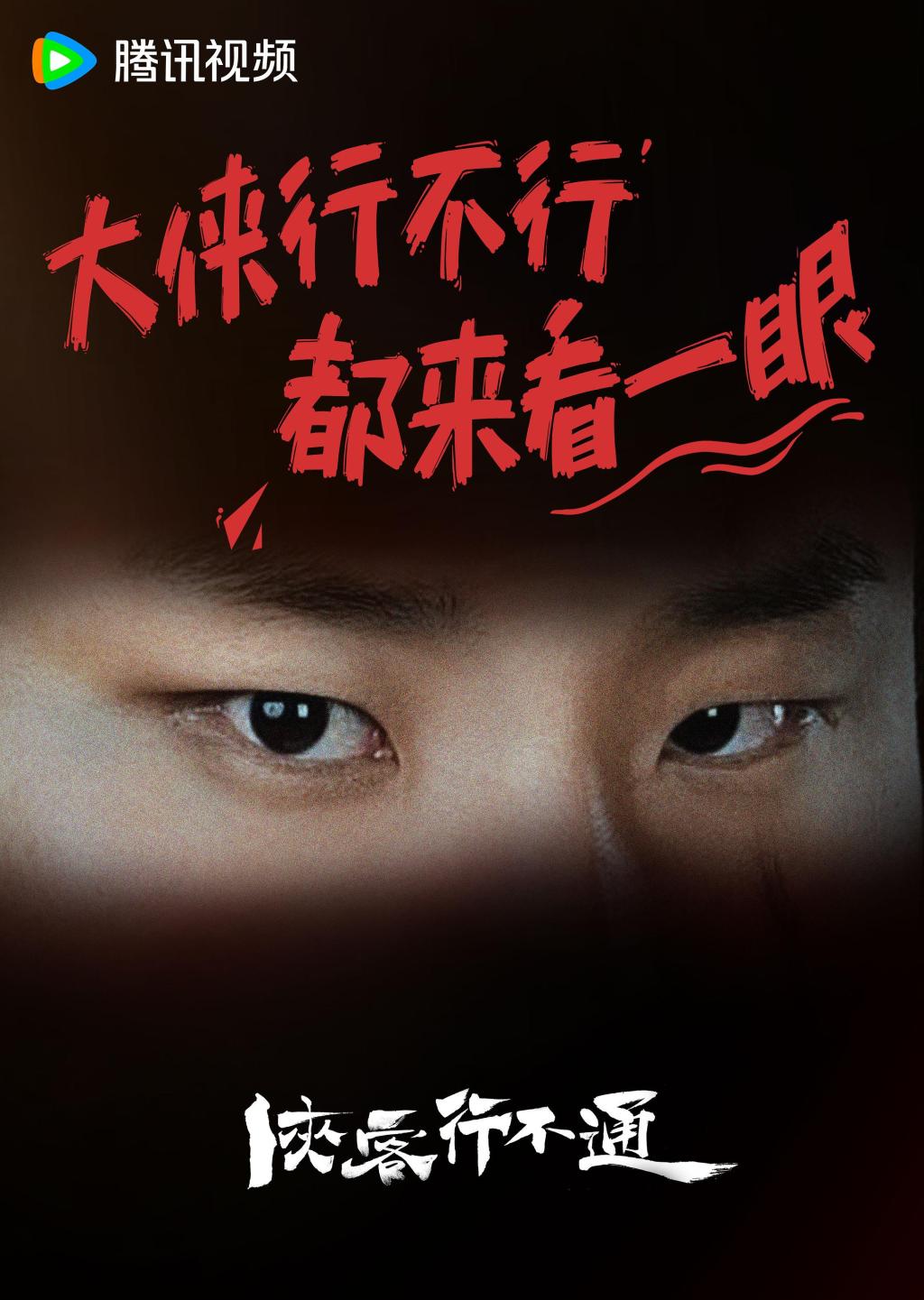
In the current Internet audio-visual field, vertical screen short dramas have rapidly attracted a large number of users with their unique fast pace, strong plot, fragmented and individual viewing flexibility, forming a strong impact on long dramas and becoming the new favorite of the film and television industry. However, in the process of the rapid development of short dramas, a series of copyright issues have gradually surfaced, seriously restricting the healthy development of the industry.
In July 2024, the China Network Audiovisual Program Service Association issued a "Proposal for the Protection of Micro-Short Drama Copyrights". Since then, major platforms including iQiyi, Youku, Tencent Video, Mango TV, Douyin, Kuaishou, and Bilibili have actively responded and proposed specific rectification measures and complaint channels for copyright issues such as plagiarism, reposting, and remakes in the micro-short drama industry. More than half a year has passed. Have the copyright issues in the micro-short drama industry improved?
Is "One Book, Multiple Films" a Good Thing for the Industry? Beware of the Blurred Definition of Infringement
The script is the foundation of a play. As the creation and production of short short plays become more refined, the industry is also paying more and more attention to script creation. However, script plagiarism and unauthorized remakes are not uncommon. Copyright protection on the script side is currently one of the weakest links in short short plays, but it is quite difficult to protect rights.
First of all, the "multiple versions of one short play" is almost a "normal phenomenon" that is tacitly accepted by the industry. For example, according to incomplete statistics, there are at least 7 versions of the hit short play "Excessively Wild", 4 versions of "Bite the Clear Pear", and at least 3 versions of "What a Good Girl". The core audience of short plays are also accustomed to "multiple casts for one story", and will even compare multiple versions and choose their favorite cast to watch.
At the first China TV Drama Production Industry Conference, the head of the Hongguo Short Drama Platform announced that in 2025, Hongguo Short Drama will launch a "script sharing platform" to update more than 100 high-quality scripts every day. Partners can obtain filming authorization for free, promote script circulation and reuse, and improve production efficiency. This is undoubtedly good for production companies. Scripts that have been verified and approved by the market will certainly reduce production risks.
According to screenwriter Bai Xiao (pseudonym), in the IP libraries of some platforms, production companies have repeatedly selected scripts or novels to make short dramas, and the authors can earn income multiple times. "When I wrote long dramas before, I couldn't imagine that there would be such a good thing of 'killing two birds with one stone'." Bai Xiao introduced that most of the time, the copyright of the long drama script is bought out by Party A. Regardless of whether the script IP is subsequently developed into a game, novel, movie, or other remake, the income has nothing to do with the screenwriter.
The so-called "script (IP) sharing" seems to be a win-win situation for producers, creators, and audiences, but there may be two hidden problems:
First, since "multiple films based on the same book" is very common, it is even more difficult to define which ones are plagiarism and infringement and which ones are commercial operations condoned by the industry from the perspective of the entire market.
Second, the "multiple productions of one work" in a short period of time is quickly draining the vitality of an IP. Perhaps from the perspective of short dramas, no IP can last forever, but this kind of rush to create and produce is also rapidly consuming the audience's patience and interest in a certain type of subject matter, which is not a good thing for the long-term creation of short drama scripts.
In addition, Wu Ming (pseudonym), a staff member of a leading micro-short drama production company, revealed to the author that the script infringement that is more difficult to protect comes from the overseas market. Their company's popular short dramas have been "pixel-level copied" by their peers many times, but the scripts have been translated into English, performed by foreign actors, and released on overseas platforms, resulting in higher costs and difficulties in protecting rights. "Sometimes (protecting rights) is really not worth it."
"Riding on the popularity" and "skirting the edge of copyright"
The phenomenon of piggybacking on the success of long-running dramas is also common in the field of short short dramas. In order to quickly attract the audience's attention, many short short dramas do not hesitate to plagiarize the ideas, plots, and even lines of long-running dramas.
Some viewers found that the plot setting and character relationships of a short micro-series and a popular long drama were almost identical, with only the scenes and character names simply replaced. Some short micro-series also attract traffic by riding on the popularity of long dramas, such as using similar words to popular long dramas in the title, or deliberately misleading the audience in the publicity, making them mistakenly believe that there is some connection between the two, and then click in to watch, only to be disappointed.
"You say they copied? It seems they didn't copy much, they just wanted to take advantage of the situation." Bai Xiao said frankly, "Micro-short dramas are originally a traffic business. They operate in whatever way can generate the most traffic. Then they must not let go of the recent popular long dramas with high traffic. Who else can they take advantage of?" The creation and production cycle of micro-short dramas is short, and the online review is fast. A popular long drama may not have come to an end, but a short drama that "takes advantage of the popularity" may have been steadily launched. This is a speed advantage that long dramas cannot have.
In addition, it is well known that music plays a role in creating atmosphere in film and television dramas. Good music can enhance the appeal of the plot and improve the audience's viewing experience. There are many popular classics in film and television drama music that have been passed down for decades. However, in the micro-short drama industry, there are many gray areas and infringement risks in the use of music.
First, in the production of long dramas, due to factors such as cost and copyright awareness, producers are usually more cautious about the use of music copyrights. A long drama usually either creates original BGM or selects a few suitable songs as the soundtrack, and ensures that the corresponding copyright authorization is obtained. The purchase price of song copyrights is affected by many factors such as the artist, the popularity of the song, the length of use, and the breadth of dissemination. The copyright price of a Chinese golden song sung by a well-known artist used in a film or TV series ranges from tens of thousands to hundreds of thousands.
In micro short dramas, take the theme of "singing queen and singing king" as an example. This type of micro short drama usually tells the story of the male and female protagonists who are reborn as singing kings and queens, with strong originality and singing ability, and produce countless hits, gaining both fame and fortune, and successfully counterattacking, so as to make the audience happy. But it is worth noting that many of these micro short dramas will use a large number of Chinese hits sung by very well-known singers, including works by singers such as Angela Chang, Zhao Chuan, Zhang Yu, and Deng Ziqi, but their copyright situation is confusing, and even attracted doubts from the audience in the comment area: "Did you buy the copyright?" "Isn't it a sure thing if you sue them?"
According to my observation, a certain "Queen of Songs" short drama actually used more than a dozen Chinese hits in just a few dozen episodes. The copyright fee is an astronomical figure for the average production cost of a short drama. Did the drama owner get the copyright? And how did they get the copyright? It makes people very curious. However, I consulted many short drama platforms or producers, and they were vague about the copyright of the soundtrack, saying, "Maybe they bought it."
According to Article 52 of the Copyright Law of the People's Republic of China, using a work by filming an audiovisual work (such as recording a song into a skit) without the permission of the copyright owner, or singing someone else's song without permission and obtaining economic benefits, constitutes infringement. This means that if the skit producer or singer uses a song without the permission of the song's copyright owner, he or she may face legal liability.
Legal risks exist objectively. Are there really a large number of producers who ignore the risks and dare to "skim the edge"? The author is confused by this, but a variety show producer of a short video platform inspired the author. According to producer Li Ren (pseudonym), a vertical screen variety show he participated in used a lot of popular songs for artists to sing and dance, but none of these songs paid copyright fees. "It's just 'skimming the edge of copyright', betting on the immediacy of live broadcasts and that no one will check our playbacks." The author asked, what if they are found? The other party admitted that the boss might think that "if it is discovered, it is better to replace it, take it off the shelves, apologize and make up for the cost than to spend the budget in advance."
While some producers of micro-short dramas are trying to "reduce costs and increase efficiency" by "skirting the edge of copyright", the micro-short dramas themselves are also suffering from the harm of insufficient copyright protection, especially the popular micro-short dramas, which are subject to piracy just like long dramas.
On some online platforms, there are a large number of accounts selling pirated short drama resources, with the price of a single drama ranging from a few yuan to more than ten yuan. For example, the Sichuan dialect short drama "Home and Away" that became popular not long ago has a large number of paid pirated video collections on a certain social platform. Due to the large number of channels for the dissemination of pirated resources, it is difficult to obtain evidence and the cost of rights protection is even higher. There is no doubt that the phenomenon of piracy is squeezing the market environment of the industry and has become a bottleneck restricting the healthy development of the industry.
At present, it seems that while the micro-short drama industry is developing rapidly, copyright protection is also facing severe challenges, and some creative practitioners should also reflect on their "take-it-as-it-is" approach. Only by strengthening industry self-discipline, improving laws and regulations, and raising copyright awareness can we create a healthy and orderly environment for the sustainable development of the thriving micro-short drama industry.
- PNlgIcPMbyuT04/19/2025
- PNlgIcPMbyuT04/19/2025


